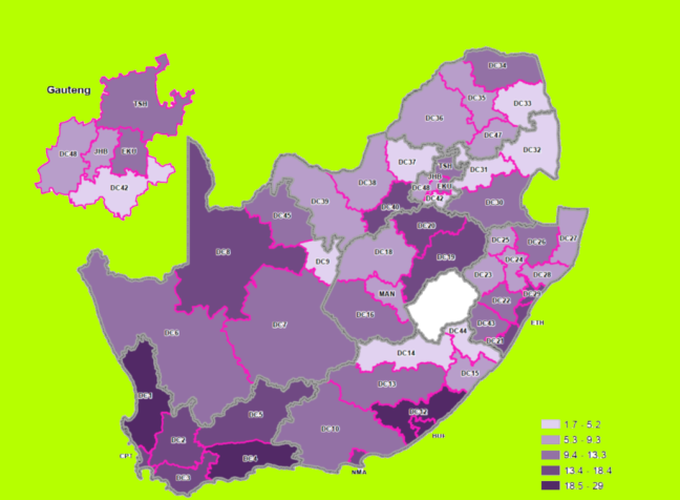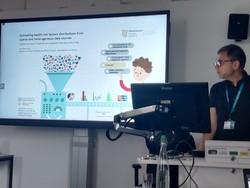I am working on the development of Bayesian models able to integrate – in a principled and meaningful way – information from heterogeneous sources (such as microdata from large scale population surveys and local studies in special populations, surveillance data, administrative data on food and alcohol sales, …) and recover temporal trends and geographical and sociodemographic distribution of major risk factors for NCDs.
Sub-themes of this research are:
- Harmonisation of sampling weights across multiple surveys and integration of design-based information into a Bayesian framework
- Meta-regression models integration quality weighting
- Calibration of large scale surveys using local high-quality data




